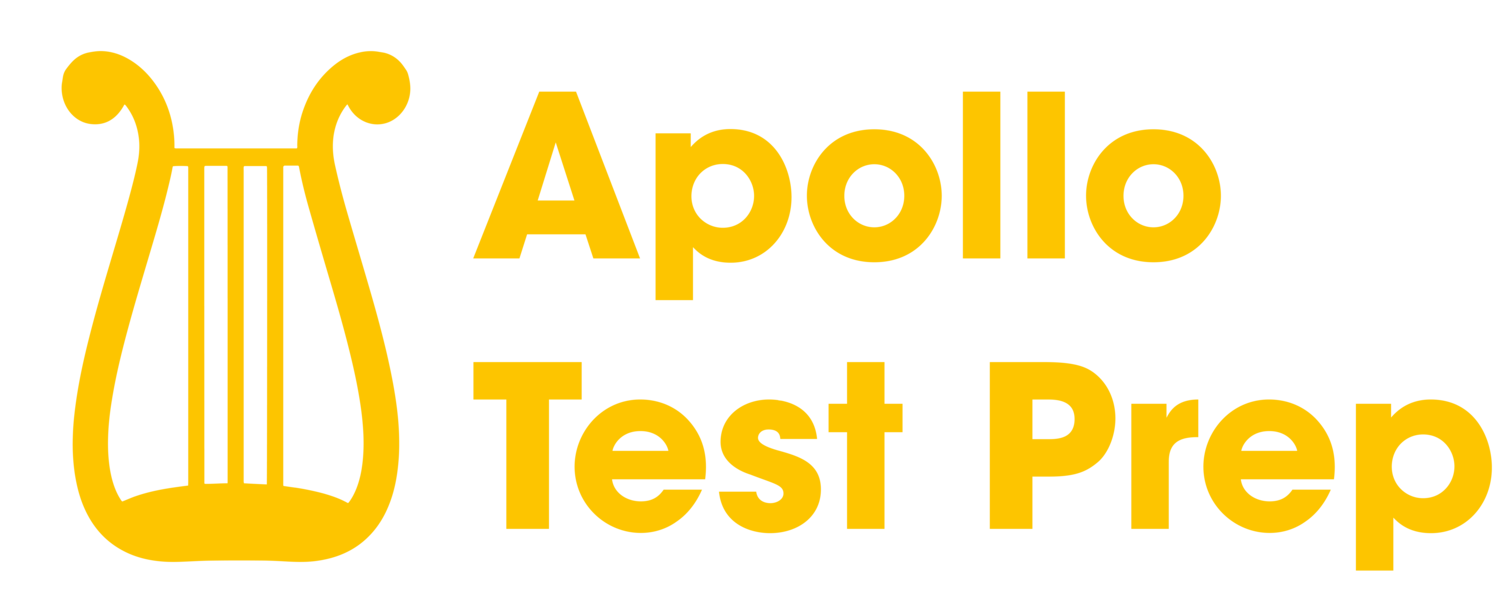LSAT Explanation PT 33, S1, Q13: Ethicist: Studies have documented the capacity
LSAT Question Stem
The ethicist's argument depends on which one of the following assumptions?
Logical Reasoning Question Type
This is a Necessary Assumption question.
Correct Answer
The correct answer to this question is B.
LSAT Question Complete Explanation
Let's first analyze the passage's argument structure. The ethicist presents a premise and a conclusion. The premise states that some doctors administer placebos because medically effective treatment reinforced by the placebo effect sometimes helps patients recover faster than good treatment alone. However, the ethicist concludes that administering placebos is ethically questionable, as a doctor might prescribe it just to give the patient satisfaction that something was being done.
The question type for this problem is Necessary Assumption, which means we need to identify the assumption that the ethicist's argument depends on.
Now let's discuss each answer choice:
A) A patient's psychological satisfaction is not a consideration in administering medical treatment.
This answer choice is incorrect because it contradicts the premise. The premise states that some doctors administer placebos for patient satisfaction. Therefore, patient satisfaction is a consideration in administering medical treatment.
B) The motivation for administering a placebo can be relevant to the ethical justification for doing so.
This is the correct answer. The ethicist's argument depends on the assumption that the doctor's motivation for prescribing a placebo is relevant to the ethical justification for administering it. If this assumption were not true, then the doctor's motivation would be irrelevant to the argument, and the conclusion that administering placebos is ethically questionable would not be supported.
C) Medical treatment that relies on the placebo effect alone is ethically indefensible.
This answer choice is incorrect because it is too strong. The passage states that administering placebos is ethically questionable, not ethically indefensible. Additionally, the passage is not discussing treatments that rely solely on the placebo effect.
D) The pain relief produced by the placebo effect justifies the deception involved in administering a placebo.
This answer choice is incorrect because it undermines the argument rather than supporting it. If the pain relief produced by the placebo effect justifies the deception, it would not be ethically questionable to administer placebos.
E) Administering a placebo is not ethically justified if that treatment is not prescribed by a doctor.
This answer choice is incorrect because it is out of scope. The passage is discussing the ethical implications of doctors administering placebos, not the ethical implications of someone other than a doctor administering them.
In conclusion, the correct answer is B, as it provides the necessary link between the placebo being ethically questionable and the motivations for the placebo possibly being unethical.
